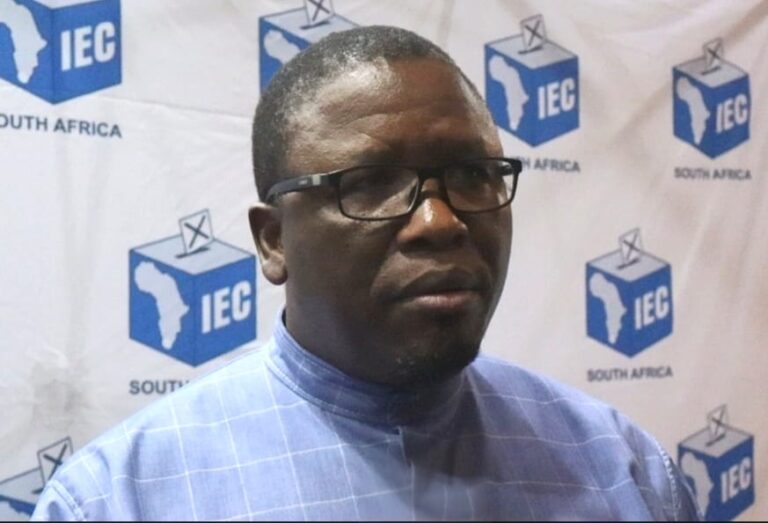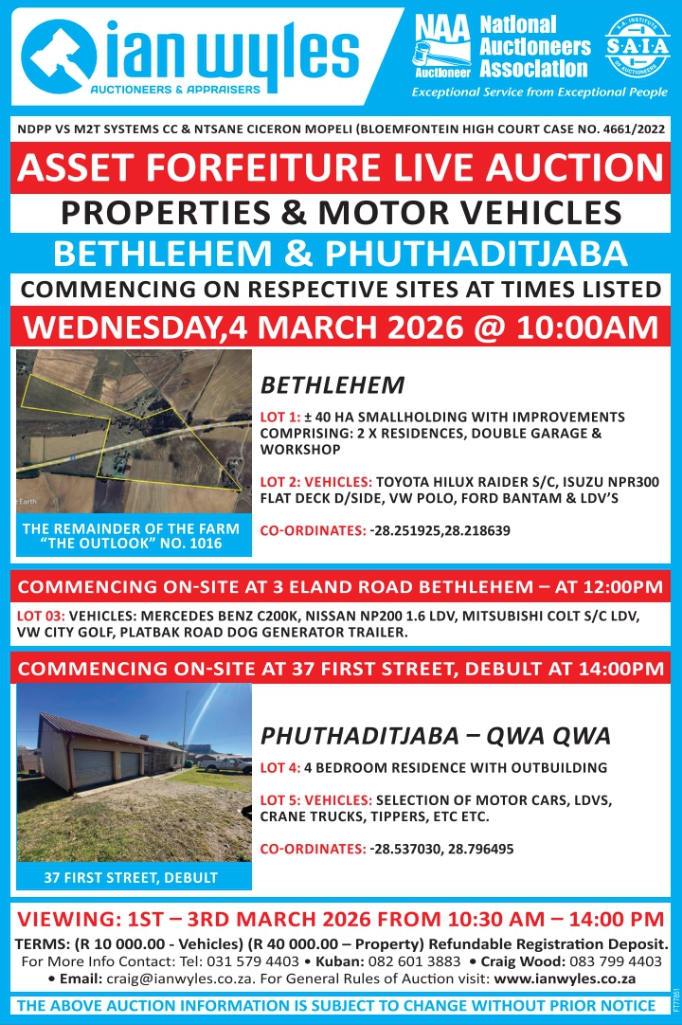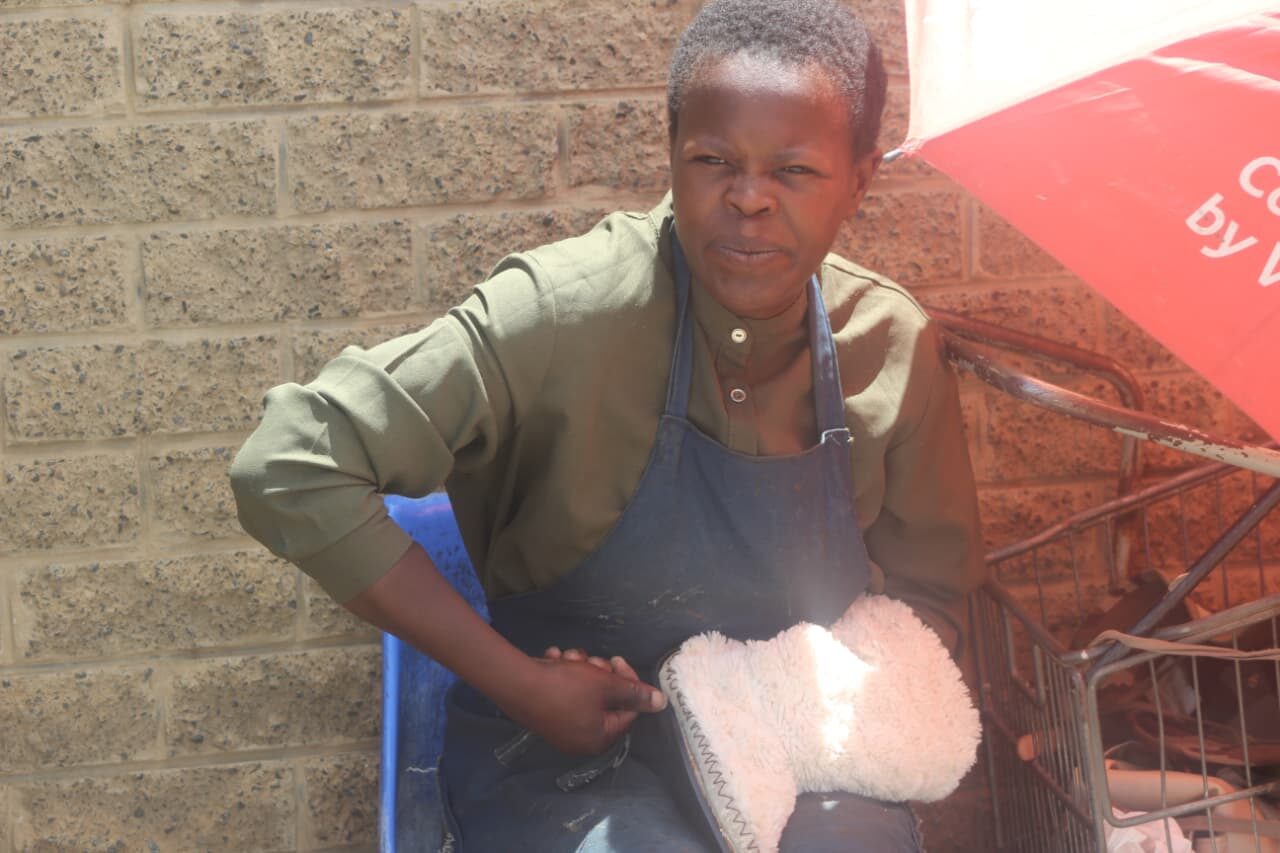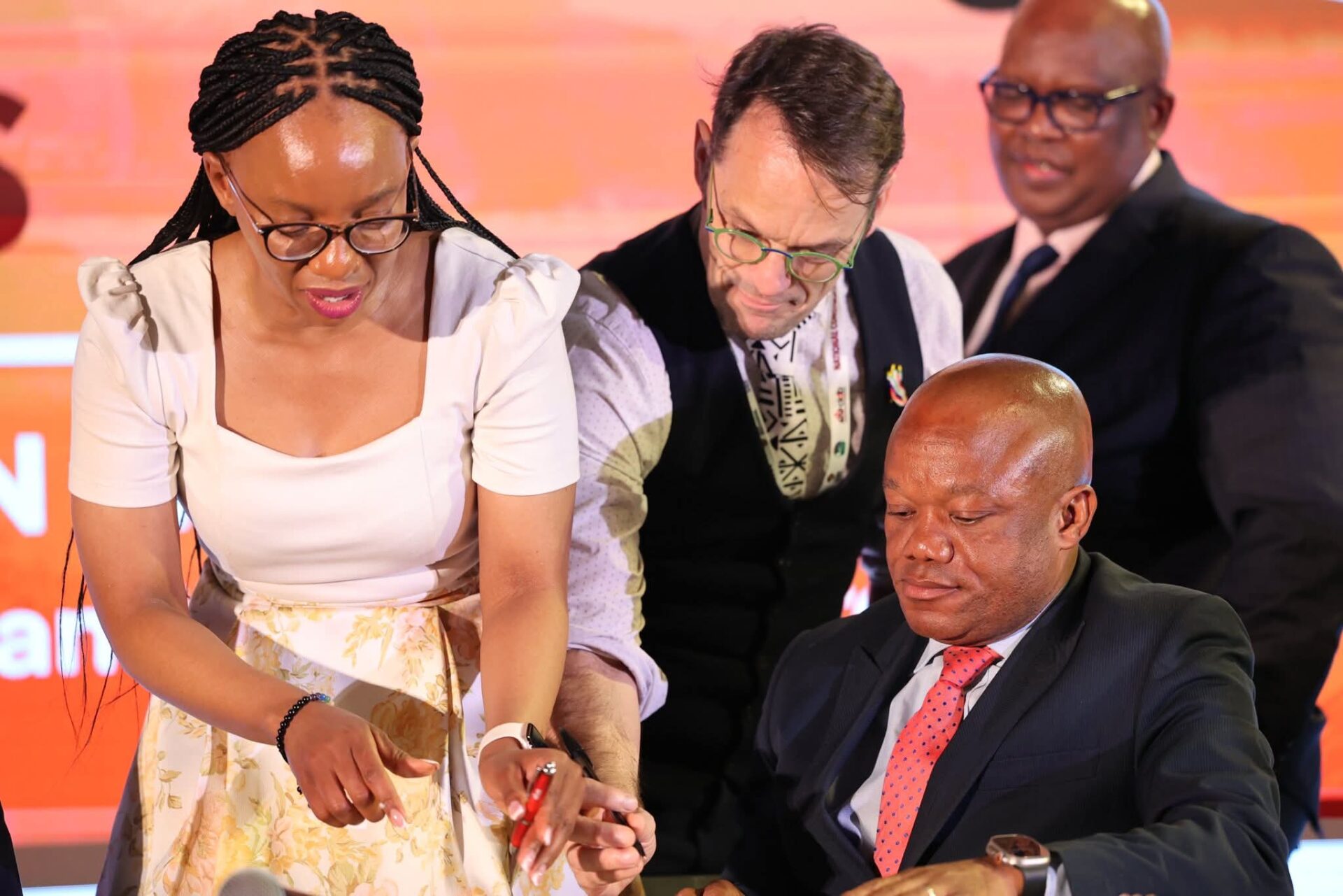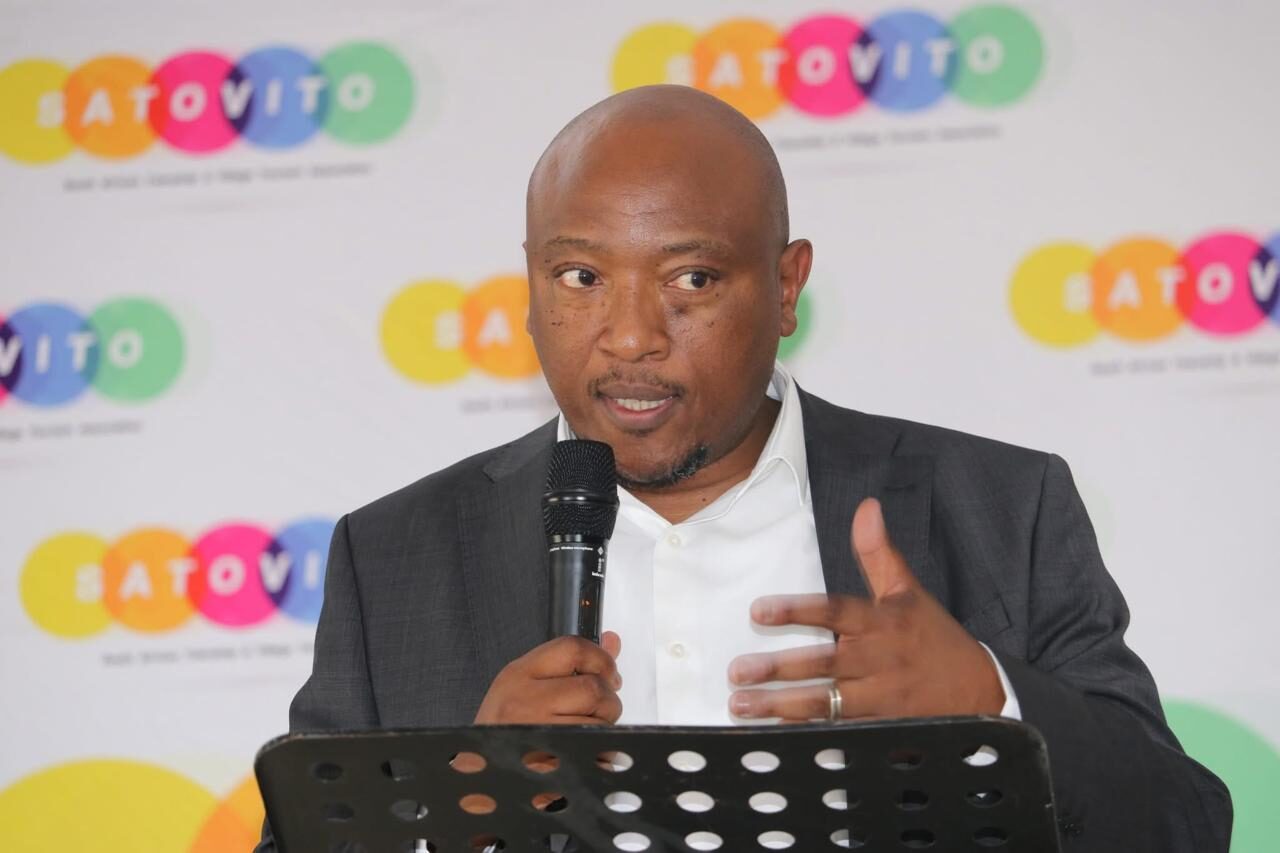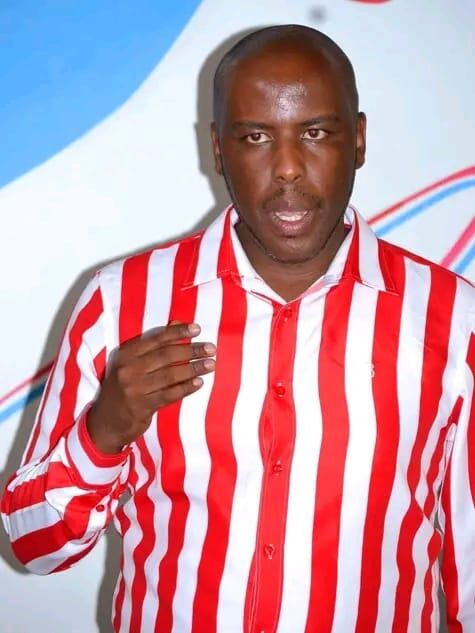By Emily Setona
BETHLEHEM – Community members in Bethlehem are divided over the proposed Independent Municipal Demarcation Authority Bill, with many welcoming its intentions while others raise serious concerns about its implementation and political influence.
During a public hearing held at Bohlokong New Hall on 22 April, several residents shared their thoughts. Enoch Mlangeni from Harrismith was among those in strong support, saying, “May I first congratulate the people who came up with this document, we fully support what it proposes. It’s so transparent, our people should be given an opportunity to participate in such. If we had this kind of transparency 24 years ago, our people would be very much happy and enjoying today.”
Modiehi Tshabalala, a ward committee member of ward 5 in Warden, in the local municipality of Phumelela, expressed appreciation for the process. “I have learned a lot about demarcation, and I support most of what is being proposed,” she said.
However, not everyone is convinced. Isak Vries of the Setsoto Service Delivery Forum expressed deep skepticism. “The Bill is not user-friendly, and political figures should not be allowed to serve on the board. Disclosure of interests is important to avoid conflicts. We do not support this Bill,” he said.
Councillor Johannes Mopeloa added that the reality of rural and urban overlap in certain municipalities makes the splitting of wards impractical. He urged the board to consider local dynamics before implementing boundary changes. “As a councillor in Maluti-a-Phofung I’d like to highlight the fact that MAP is made up of rural and urban communities so the Municipal Demarcation Board (MDB) must consider such things.
Otherwise we support what the bill proposes,” Mopeloa said.
A representative from SALGA (South African Local Government Association), Zanele Madadasana, welcomed the opportunity to provide input. She stressed the importance of the MDB to go down to the people for consultation and actually listen to their inputs and insisted that the board must act independently at all times.

Enoch Mlangeni sharing his input during an Independent Municipal Demarcation Authority Bill public hearing in Bohlokong Bethlehem.
“The MDB needs to go down to the people when they are consulting and actually listen to them and take their inputs into consideration. We also heard from the bill that they will be establishing an appeals authority that is much more decentralized so that there can be physical examinations when there are limitations and not just sit in an office in Pretoria looking at maps,” Madadasana said.
Meanwhile, Eric Motloung from the Democratic Alliance outright rejected the Bill, warning that it could disrupt local municipalities, especially before elections. “There is no clear cooling-off period. A former minister could immediately be appointed to the board. That’s not acceptable. Demarcation must not be influenced by national policy; it must serve local communities,” he said.
Despite these concerns, many in attendance voiced support for the Bill, saying it creates space for community voices and brings much-needed transparency to demarcation decisions.
The Independent Municipal Demarcation Authority Bill, introduced by the Department of Cooperative Governance and Traditional Affairs (CoGTA) under Section 76, aims to strengthen the process of municipal boundary determination in South Africa.
It proposes the creation of a new independent demarcation authority, along with a Demarcation Appeals Authority, and allows for boundary reviews every ten years. However, the inclusion of political office bearers on the board, lack of qualification criteria, and potential for national policy to influence local decisions have raised red flags for critics.
As public hearings continue across the country, lawmakers are expected to consider all input before the Bill proceeds to Parliament for further review.







